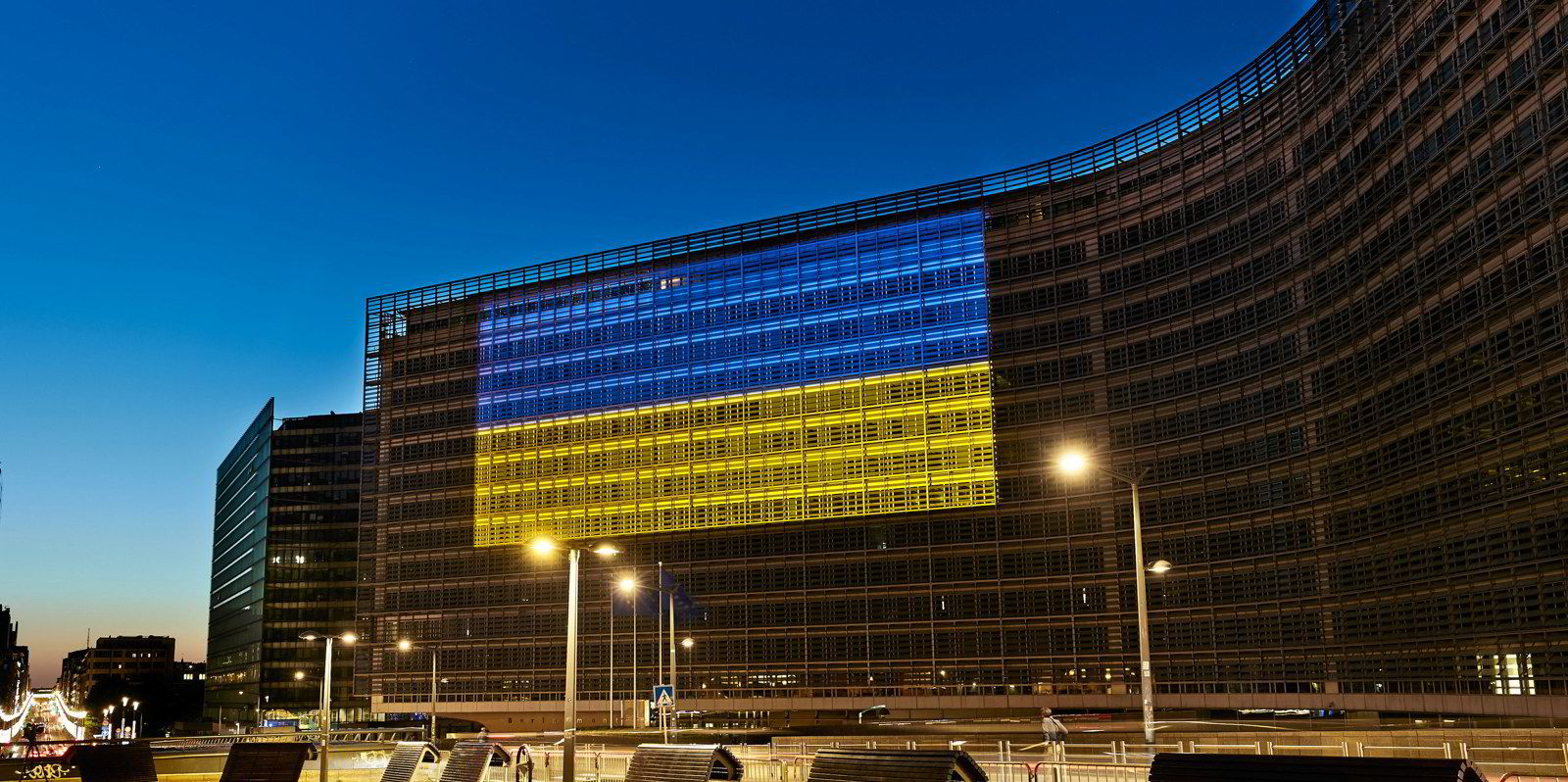In Brussels, a plan with a very Brussels-sounding name is moving towards October adoption of a rule that would require expansive climate-change reporting by companies.
In the US and Singapore, companies can expect similar requirements for listed companies to report on their carbon footprint.
While private-sector pressure has been increasingly pressing shipping companies and their customers to report their greenhouse gas emissions, in the months ahead industry stakeholders can expect to see such disclosures become a matter of regulatory requirement for an increasing number of companies.
The growing list of disclosure requirements from various jurisdictions is also leading to calls to harmonise the standards into a global set of disclosure rules.
In the European Union, a set of environmental, social and corporate governance (ESG) standards are slated to be rolled out as early as October. Carbon is just one part of the Corporate Sustainability Reporting Directive (CSRD), which will apply to companies listed on European Union stock exchanges and large companies with offices in the 27-nation bloc.
Under the current plan, companies that fall within the rules’ requirements will have to begin disclosing in 2024 for the full year of 2023. But the standards that they will have to comply with are yet to be disclosed.
Shipowners already file emissions data for individual vessels under the EU MRV Regulation, and starting next year shipping will fall under the Emissions Trading System (ETS).

Valentina Keys, a lawyer at UK law firm Watson Farley & Williams (WFW) who focuses on environmental matters, said: “Companies that own those ships that meet the large undertaking criteria, and that have a registered office in a European country, will also have to, in addition to ETS, collate all this data based on the standards and report it on an annual basis.
“It’s another layer of compliance, administrative headache and costs that shipping companies will have to deal with.”
And there is a low level of awareness of the new rules, she said.

Philip Roche, a London-based lawyer who is co-head of law firm Norton Rose Fulbright’s shipping practice, pointed out that shipowners are already reporting carbon data not just under the EU MRV Regulation, but also under International Maritime Organization rules.
That data is not publicly available, and many shipowners remain out of compliance, but the structure is in place.
“Ultimately, there is already a system for doing this and it’s working reasonably well,” he said. “It is being recorded. It is being verified.”

Brussels’ upcoming rules on greenhouse gas emissions reporting go further than any in the US or Singapore, as companies will not only have to report direct Scope 1 emissions and Scope 2 pollution from the energy they purchase but also Scope 3 indirect emissions.
Lawyers who advise the shipping industry said that companies have yet to grapple with their indirect Scope 3 emissions.
For their customers, shipping is Scope 3.
David McNeil, head of climate risk at Fitch Ratings’ sustainability unit, said larger corporates will face an onus to provide more granular and comprehensive data on their Scope 3 emissions.
“There’s an expectation that companies operating in the European Union will come under a lot more pressure to source this data, largely, within their value chains, and that will include a lot more engagement with various parts of the shipping value chain to source this data, in many cases where it might be quite challenging to obtain,” he said.
Elsewhere, the UK started requiring climate disclosures of large companies in April.
The Singapore Exchange (SGX) has proposed making climate disclosures mandatory, following the standards of the Task Force on Climate-Related Financial Disclosures (TCFD) starting in 2023.
The US Securities and Exchange Commission (SEC) has unveiled a proposal that will require US-listed companies to disclose Scope 1 and Scope 2 emissions. Under the current form of the plan, Scope 3 emissions reporting would be required “if material” or if the company has set a target that encompasses this indirect carbon output.
The rules come as most shipping companies listed in New York are already reporting their carbon emissions, but the proposal opens the door for standardisation.
Keith Bilotti, a lawyer who focuses on capital markets at law firm Seward & Kissel, said: “I think the SEC is really just codifying best practices in the market these days.
“For years now, investors have been lobbing in letters to shipping companies saying, ‘What are your climate risks? How are you managing them?’”





